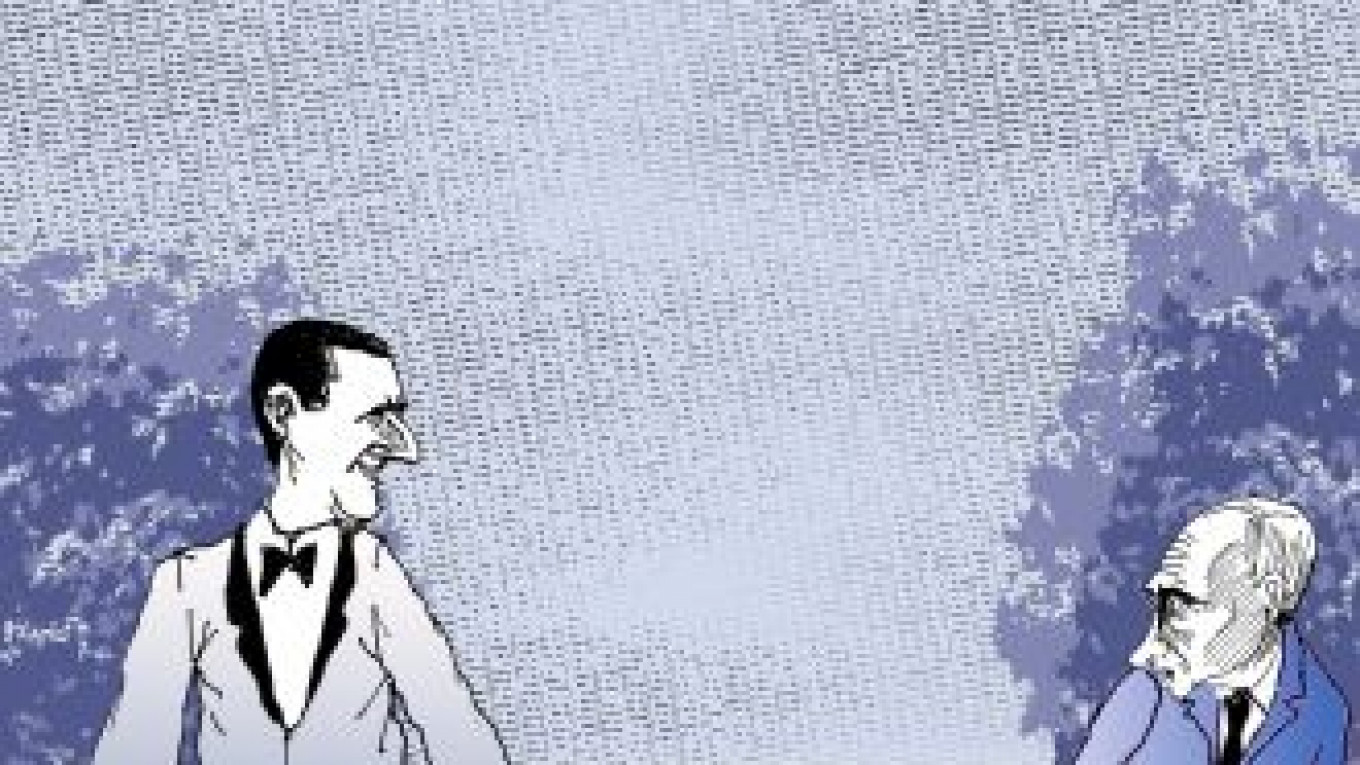In what appears to be a significant policy shift on Syria, Russia supported a United Nations Security Council statement Sunday condemning Syrian President Bashar Assad and his forces over a massacre in Houla two days earlier in which 116 civilians, including 49 children and 34 women, were killed by artillery and tank shelling.
Russia had always protected Syria in previous Security Council resolutions and statements, insisting that the insurgents, many of whom are believed to be from terrorist groups, are just as guilty as the government in carrying out civilian carnages. Nonetheless, the Houla massacre may have been the last straw, now making it difficult — even for Russia — to continue supporting the bloody Syrian dictatorship that is responsible for about 12,000 deaths, mostly civilian, in its 14-month reign of terror against its own people.
Just as significant, a day after Sunday's UN Security Council statement, Foreign Minister Sergei Lavrov said, "Russia is not tied to Assad's staying in power." This could pave the way toward Russia supporting the "Yemen proposal" for Syria — referring to the successful exit of Yemeni President Ali Abdullah Saleh in February, peacefully ending his 33-year brutal dictatorship by granting him immunity and transferring power to the country's vice president under a coalition government.
This plan has a chance of working in Syria only if it is backed by Russia, which has significant leverage over the Assad regime. But the Kremlin will do so only if it feels relatively assured that its close economic, political and military ties will be retained under a post-Assad regime.
Since Assad now apparently has become a liability for the Kremlin, and since Moscow fully understands that his days are numbered, the Yemen option may the best one available. Otherwise, if the situation spins out of control, Assad could face a Moammar Gadhafi-like mob killing or a Hosni Mubarak-like trial, both of which President Vladimir Putin wants to avoid at all costs.
U.S. President Barack Obama backs the Yemeni plan for Syria as a better alternative to a possible military intervention — not only because Obama has no appetite for managing a fourth U.S. war in the Greater Middle East during his presidency, but also because he understands that U.S. intervention could easily fuel a wider war in the region involving Lebanon, Iraq and Iran.
Obama reportedly brought up the Yemeni plan for Syria with Prime Minister Dmitry Medvedev at the Group of Eight summit on May 18. Two weeks earlier, Obama's national security adviser, Thomas Donilon, raised the proposal with Putin during a Moscow meeting. Obama will have the chance to discuss the Yemeni plan directly with Putin on June 18 and 19 during the G20 summit in Mexico.
Analysts have criticized the applicability of the Yemeni plan for Syria mainly because, unlike in Yemen, Assad's clan has a much stronger grip on the country's economy and security apparatus. Thus, removing the top person — who is largely viewed as a figurehead — would change matters little in the country. Meanwhile, the hope that the post-Assad regime under the vice president would share power with rebel groups in the parliament looks like a pipe dream. A quick glance at post-Gadhafi Libya demonstrates how difficult it is to maintain peace among various warring factions after a dictator falls.
Yet, the Yemeni plan is still worth a try — if for no other reason than there is no better proposal on the table to settle the Syrian conflict. In addition, if Russia signs on to the plan, there is a chance for Obama and Putin to help improve their relationship, which has gotten off to a rocky start since Putin's inauguration May 7.
Perhaps more important for Putin, if he takes the lead with the Yemeni plan, he could emerge as the dominant peace broker in the Syrian conflict. Putin probably won't win the Nobel Peace Prize for it, but it would certainly help boost his global reputation — one that he has damaged so much over the past 12 years by building his own form of autocracy.
A Message from The Moscow Times:
Dear readers,
We are facing unprecedented challenges. Russia's Prosecutor General's Office has designated The Moscow Times as an "undesirable" organization, criminalizing our work and putting our staff at risk of prosecution. This follows our earlier unjust labeling as a "foreign agent."
These actions are direct attempts to silence independent journalism in Russia. The authorities claim our work "discredits the decisions of the Russian leadership." We see things differently: we strive to provide accurate, unbiased reporting on Russia.
We, the journalists of The Moscow Times, refuse to be silenced. But to continue our work, we need your help.
Your support, no matter how small, makes a world of difference. If you can, please support us monthly starting from just $2. It's quick to set up, and every contribution makes a significant impact.
By supporting The Moscow Times, you're defending open, independent journalism in the face of repression. Thank you for standing with us.
Remind me later.






